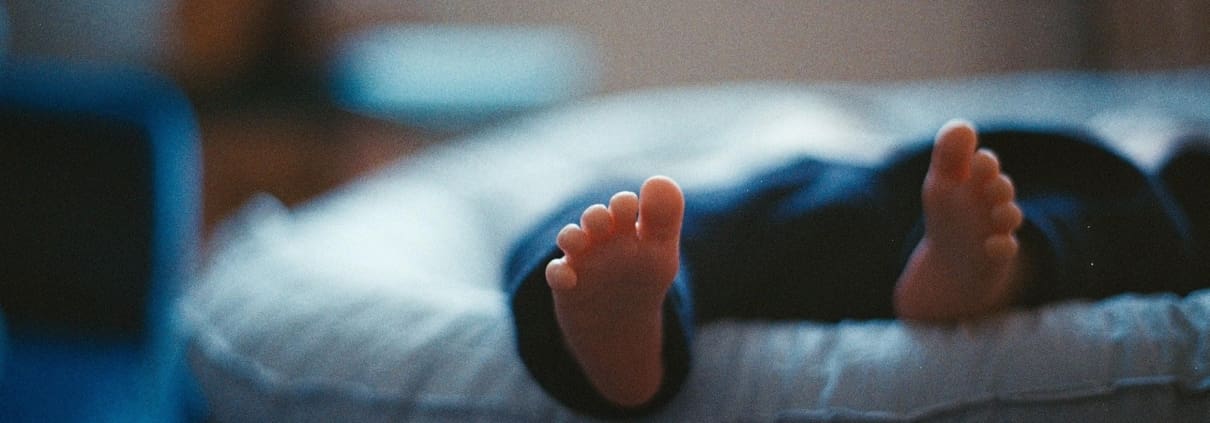Self-Care for New Parents: Do This for Yourselves During Those First Few Months
by Emily Graham
The first three months with your baby will contain some of the most stressful and surreal moments of your life. Newborns need around-the-clock care as they adjust to life outside the womb. Meanwhile, you’re learning everything as you go, from feeding to swaddling while you pray that you don’t mess things up somehow. If you carried your baby, you are also doing all of this while your body is going through an extreme healing transformation and you recover from giving birth. And while family and friends are always there to help, in the end, it’s up to you as parents to see after this tiny, fragile, and adorable human’s health.
While you’re all wrapped up seeing to your infant’s well-being, you can’t let your own self-care fall by the wayside. You can’t be there for your baby if you do not feel like yourself physically, mentally, and emotionally. Self-care during the first three months focuses on those particular things you need to do to support yourself so you can be the best new parent you can be.
Hire Help If Needed
A clean home is a happy home — there are even psychological studies that back it up. A dirty and cluttered home can lead to feelings of depression and fatigue. Dirty homes have also been correlated with higher levels of cortisol in the homeowners. However, when you are a new parent, you barely have time to breathe, let alone clean your house from top to bottom. During this time of your child’s life, bite the bullet and hire help when you need it. A one-time interior house cleaning in Irvine, California, will cost you about $109 to $227, but it will save your sanity.
Talk to Your Doctor If You Feel Depressed
According to the American Psychological Association, postpartum depression (PPD) affects one out of seven new moms. If you feel overwhelmed by negative emotions that are more than the typical baby blues, you may be one of those mothers. Symptoms of PPD include extreme changes in appetite (either overeating or undereating), feelings of worthlessness, uncontrollable crying, fear of being alone with your infant, misery, sleep disorders, troubles with concentration, ideas of hurting yourself, and racing, scary thoughts. If you experience any of these symptoms, schedule an appointment with your doctor as soon as possible or find a psychologist or other licensed mental health provider. Postpartum depression is a very real and very treatable psychological disorder — you don’t have to deal with PPD alone.
Get Moving — If Just a Little
If you just gave birth, your body may not be ready to jump into a hard workout, but even light exercise can have huge benefits for both your physical and mental health. Getting up and moving doesn’t just get your blood pumping, it also gets happy chemicals like dopamine, serotonin, and endorphins pumping throughout your body. These nifty neurochemicals enable positive feelings while reducing pain and anxiety. Talk to your doctor about which exercises are safe for you, and don’t worry about working out with a goal of getting your “pre-baby body back.” When you exercise, do it to feel good so you can be a happy and healthy parent to your baby.
The first months of an infant’s life are a blur of learning, love, and gross stuff every now and then. It’s easy to get caught up in your child’s needs, but when you neglect self-care, you can’t be the best parent you can be. If you need help around the house for cleaning or lawn care, hire it. If you feel depression that seems more serious than your typical baby blues, talk to your doctor. And if your body is ready, enjoy the benefits of light exercise to reduce stress and anxiety. Most importantly, enjoy your foray into the world of parenthood!



